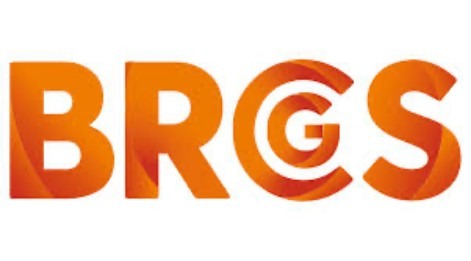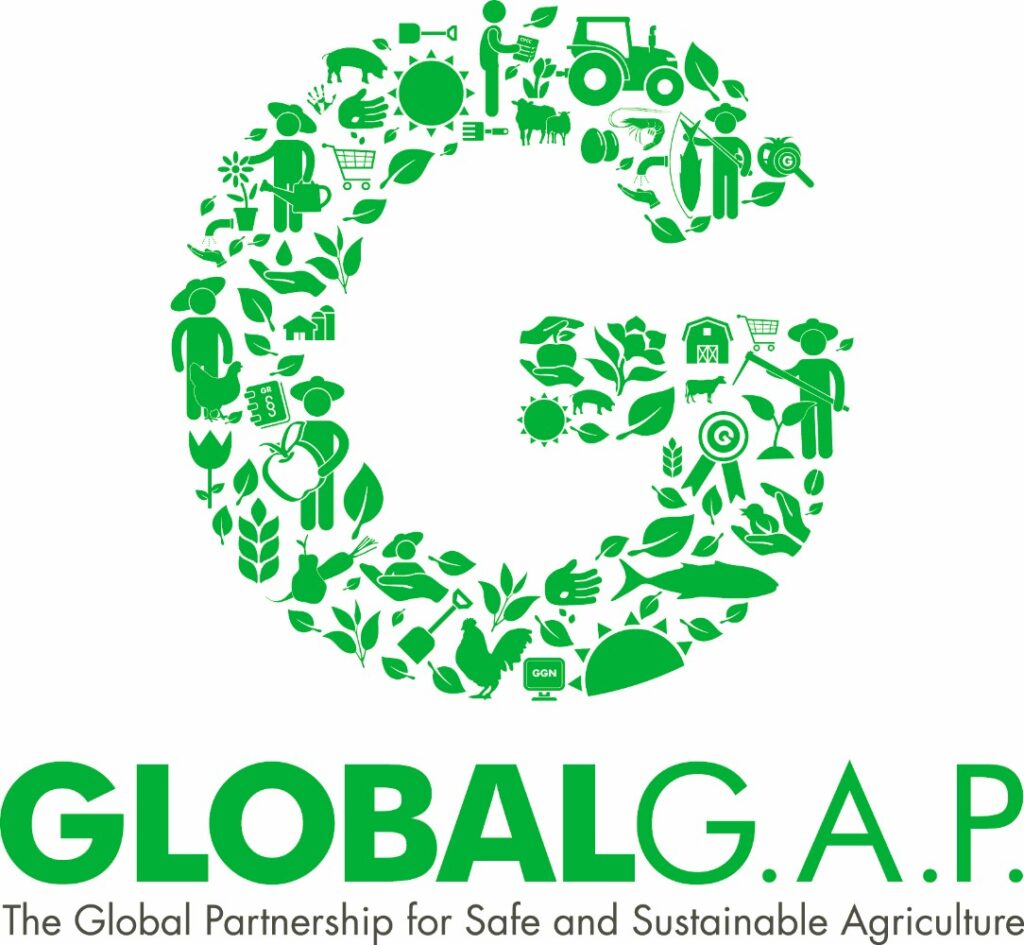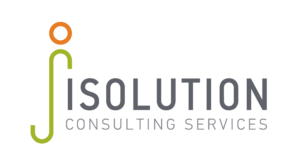- Home
- Company
- Services
- BUSINESS CERTIFICATION SERVICES
- Quality management system «ISO9001»
- Food safety management system «ISO22000» / «HACCP»
- HACCP Study under regulation «ΕΚ 852/2004» & «CODEX ALIMENTARIUS»
- Management system «BRCGS»
- Management system IFS
- Certification scheme for the implementation of a food and beverage safety system «FSSC 22000»
- Integrated agricultural production management system «GLOBALGAP»
- Integrated agricultural production management system «AGRO 2»
- Environmental management system «ISO14001»
- Occupational health and safety management systems «ISO 45001»
- Information security management system «ISO27001»
- FSC (Forest Stewardship Council®)
- Pest management services «EN 16636»
- Anti-brabery management system «ISO37001»
- Additional specialized services
- Training
- BUSINESS CERTIFICATION SERVICES
- Contact
- Blog
ISO 9001 QUALITY MANAGEMENT SYSTEM
be able to prove its ability to consistently provide services which satisfy customer requirements and applicable statutory and regulatory requirements
pursue increased customer satisfaction through the system's effective implementation, which includes working on its continual improvement and ensuring compliance with customer requirements, as well as applicable statutory and regulatory requirements.
As long as a ΕΛΟΤ ΕΝ ISO 9001 Quality Management System is appropriately tailored to the specific operating needs of a business, its certified implementation has very important benefits, including:
- Enhancing the business's reputation, leading to increased customer trust.
- Creating opportunities for breaking into global marketplaces, as the business's image and credibility are enhanced.
- Reducing production costs thanks to resource and time management optimization.
- Improving employee awareness in quality management.
- Continually improving processes based on implementing unbiased monitoring and measuring mechanisms, thus upgrading the business's processes and leading to the creation of added value.
FOOD SAFETY MANAGEMENT SYSTEM - ISO 22000/HACCP
A Food Safety Management System (FSMS) based on the international ΕΛΟΤ ΕΝ ISO22000 standard, and including all its prerequisite programs, is the most suitable method for providing safe food services.
A Food Safety Management System based on the ΕΛΟΤ ΕΝ ISO22000 standard is applied by businesses active in:
- animal feed production
- processing
- transportation
- storage
- retail sales
- food supply
- or involved in the food chain (ingredient and supplement production, relevant equipment, food packaging materials, etc.)
As long as an ΕΛΟΤ ΕΝ ISO 22000 Food Safety Management System is tailored to the specific operating needs of a business, its certified implementation has very important benefits, including:
- Minimizing business risk from any audits carried out by state authorities.
- Harmonization with industry-standard food production practices.
- Minimizing failures and identifying incorrect practices.
- Achieving business readiness in addressing food crises.
- Promoting a sense of security for consumers, when it comes to the business's products.
- Continuously improving the business.
- Providing a competitive market advantage.
HACCP STUDY UNDER REGULATION (EC) No 852/2004 & THE CODEX ALIMENTARIUS
All food businesses are required by law to apply a HACCP system, as set out by the requirements of the Regulation (EC) 852/2004 as currently in force. Such a HACCP self-control system, besides being a statutory obligation for all food businesses, is also a comprehensive tool which aims at minimizing the probability that consumer health risks will occur.
All food businesses are required by law to apply a HACCP system, as set out by the requirements of the Regulation (EC) 852/2004 as currently in force. Such a HACCP self-control system, besides being a statutory obligation for all food businesses, is also a comprehensive tool which aims at minimizing the probability that consumer health risks will occur.
The Codex Alimentarius HACCP is an international standard based on the preventive management of food safety issues. It has been published by the Codex Alimentarius Commission and its implementation is required under European and Greek law. It consists of a set of food hygiene principles based on:
- Analyzing and identifying hazards.
- Assessing these hazards according to their severity.
- Establishing critical control points.
- Setting critical limits.
- The documented auditing and verifying of preventive control measures.
As long as a Codex Alimentarius HACCP system is appropriately tailored to the specific operating needs of a business, its implementation has very important benefits, including:
- Documenting compliance with relevant national and European law.
- Minimizing failures and identifying any incorrect practices.
- Achieving business readiness in addressing food crises.
- Promoting a sense of security for consumers, when it comes to the business's products.
- Continually improving the quality of products and services provided by the business.
Please note that a HACCP system's implementation is certified by official Certifying Bodies issuing a Non-Accredited Certification.
MANAGEMENT SYSTEM BRCGS
This system consists of a series of nine standards issued by BRCGS and intended to be implemented by enterprises supplying retail businesses. These standards were created to help businesses fulfil their statutory obligations, as well as to protect the consumer by providing a common basis for inspections of companies supplying their products to the food chain. As long as a BRCGS management system is appropriately tailored to the specific operating needs of a business, its certified implementation has very important benefits, including:
- Improving competitiveness.
- Improving businesses' outward focus (e.g. new collaborations with companies in the UK, the US and European countries where supplies are required to be BRCGS certified).
- Minimizing business risk from any audits carried out by state authorities.
- Minimizing second-party audits by customers, as customers are given access to all audit data by the independent certifying body.

IFS MANAGEMENT SYSTEM
The IFS (International Featured Standards) series comprises eight standards relating to the entire supply chain range.
Specifically, the IFS FOOD standard is intended to be implemented by food production or bulk food packaging companies, and does not cover commercial activity, imports, product distribution and/or storage (logistics). IFS requires companies to comply with the applicable food legislation.
As long as an IFS is appropriately tailored to the specific operating needs of a business, its certified implementation has very important benefits, including:
- Improving competitiveness.
- Improving companies' outward focus (e.g. new collaborations with companies in Germany, France and Italy).
- Minimizing business risk from any audits carried out by state authorities.
- Minimizing second-party audits by customers, as customers are given access to all audit data by the independent certifying body.

FSSC 22000 CERTIFICATION SCHEME FOR THE IMPLEMENTATION OF A FOOD AND BEVERAGE SAFETY SYSTEM
As long as FSSC 22000 is appropriately tailored to the specific operating needs of a business, its certified implementation has very important benefits, including:
- Minimizing certification costs, since this system also covers the requirements of BRC & IFS.
- Improving competitiveness.
- Improving companies' outward focus.
- Minimizing business risk from any audits carried out by state authorities.
- Minimizing second-party audits by customers, as customers are given access to all audit data by the independent certifying body.
GLOBALGAP INTEGRATED AGRICULTURAL PRODUCTION MANAGEMENT SYSTEM
This protocol includes requirements which ensure food production safety, while taking into account matters of well-being, health, employee safety, animal welfare and environmental protection.
- Ensuring field crop effectiveness and producer revenue.
- Minimizing environmental impacts of agricultural activity.
- Ανταπόκριση στην απαίτηση της κοινωνίας και της αγοράς για προστασία του περιβάλλοντος για γεωργικά προϊόντα λιγότερο επιβαρυμένα από συνθετικές χημικές ουσίες.
- Responding to crisis events.


AGRO 2 INTEGRATED AGRICULTURALPRODUCTION MANAGEMENT SYSTEM
ISO 14001 ENVIRONMENTAL MANAGEMENT SYSTEM
Progressive environmental degradation over the last decades is one of the main problems facing the international community. Environmental Management Systems (EMS) provide a framework for systematically identifying, assessing and managing the environmental aspects of organization activities, products and/or services, aiming at statutory compliance, continual improvement and pollution prevention. The ΕΛΟΤ ΕΝ ISO 14001 standard is the most widely recognized international environmental management standard which sets out the requirements for developing and implementing an effective Environmental Management System. This standard can be implemented by any organization interested in improving its eco-efficiency, regardless of its size or the sector in which it operates. ΕΛΟΤ ΕΝ ISO 14001 forms the basis of implementing further environmental certification schemes, such as the EU Eco-Management and Audit Scheme (EMAS). Moreover, it was designed to be compatible with other management system standards, such as ΕΛΟΤ ΕΝ ISO 9001, thus making it possible to integrate different management systems into one comprehensive management system, when required.

As long as an ΕΛΟΤ ΕΝ ISO 14001 Environmental Management System is appropriately tailored to the specific operating needs of a business, its certified implementation has very important benefits, including:
- Improving eco-efficiency.
- Achieving a higher degree of statutory compliance and avoiding fines.
- Preventing pollution.
- Conserving resources and reducing costs.
- Creating competitive advantage, attracting new customers and breaking into new markets.
- Improving a business's corporate image in the eyes of the public, competent authorities, creditors and investors.
- Improving communication with outside interested parties.
- Raising environmental awareness among staff and promoting a willingness for taking responsibility.
- Minimizing business risk from any audits carried out by state authorities.
ISO 45001 OCCUPATIONAL HEALTH AND SAFETY MANAGEMENT SYSTEMS
- Minimizing risks to employees and other interested parties that might be exposed to OHS risks associated with the organization's activities.
- Ensuring compliance with stated OHS policy.
- Minimizing business risk from any audits carried out by state authorities.
ISO27001 INFORMATION SECURITY MANAGEMENT SYSTEM
The use of computer systems, electronic archives and data transfer networks is now necessary for the smooth operation of any business. However, unproblematic electronic system operation and information security face daily risks due to unpredictable equipment failures, malicious external attacks, viruses and other harmful software, or even an inability of the staff to fully harness a system's technological capabilities. ΕΛΟΤ ΕΝ ISO 27001 is an international Information Security Management standard published by the International Organization for Standardization (ISO) and a collection of widely industry-standard good practices for the protection of electronic data. This standard aims at preserving information confidentiality, integrity and availability by adopting a set of controls.
As long as an ΕΛΟΤ ΕΝ ISO27001 Information Security Management standard is appropriately tailored to the specific operating needs of a business, its certified implementation has very important benefits, including:
- Providing a competitive advantage in meeting contractual obligations and demonstrating to an organization's customers that the security of their information is a top priority.
- Providing documentation which objectively evidences, via an independent body, that organizational risks have been satisfactorily and appropriately identified, assessed and managed.
- Highlighting the existence of an official and functional information security management system.
- Demonstrating that it helps the organization monitor its performance and improve through regular assessments.
- Demonstrating that the organization greatly values all information stored and managed via information technology systems.
The need for documented, comprehensive safeguarding of information security becomes particularly imperative for health care providers (hospitals, clinics), banks and financial institutions, insurance companies etc.
FSC (Forest Stewardship Council®)
FSC is a standard published by the Forest Stewardship Council® (FSC) international organization and used to certify forest management processes, as well as the companies that trade and produce products made with wood produced in certified forests. FSC-compliant certification demonstrates a business's commitment to implementing environmental policy in forest management. As long as an FSC® management system is appropriately tailored to the specific operating needs of a business, its certified implementation has very important benefits, including:
- Providing documentation which independently evidences environmental policy and awareness.
- Improving competitiveness through a FSC-compliant management system.
- Improving competitiveness through the use of the FSC label.
- Providing documentation which independently evidences that the wood used does not originate from uncontrolled sources.

EN 16636 PEST MANAGEMENT SERVICES
- προστασία των καλλιεργειών,
- τακτικό καθαρισμό και στην απολύμανση που αποτελούν αντικείμενο των συνήθων συμβάσεων για υπηρεσίες καθαριότητας.
- Providing documentation which independently evidences environmental policy and awareness in the provided pest control services.
- Improving competitiveness.
- Βελτίωση της αναγνωρισιμότητας μέσα από τη χρήση του σήματος του CEPA.
- Minimizing business risk from any audits carried out by state authorities.
ISO37001 ANTI-BRIBERY MANAGEMENT SYSTEM
The ISO37001 Anti-bribery Management System specifies the requirements of, and provides guidance for, establishing, implementing, maintaining, reviewing and improving an Anti-bribery Management System (MS). Establishing this MS aims at detecting and responding to bribery (including passive bribery), and complying with anti-bribery laws in the public, private or social sector. ISO37001 is applicable to all organizations, regardless of type, size, nature of activity, and sector. This includes state-owned enterprises, large organizations, small and medium-sized enterprises, non- governmental and non-profit organizations.
As long as an ISO37001 Anti-bribery Management System is appropriately tailored to the specific operating needs of a business, its certified implementation has very important benefits, including:
- Preventing, detecting and managing bribery risks, and improving risk assessment.
- Improving trust and therefore facilitating agreements with other organizations.
- Increasing awareness of the consequences of bribery and increasing an organization's capacity to detect fraud.
- Improving financial performance by refusing to pay bribes, avoiding fines and implementing effective transaction monitoring mechanisms.
- Improving its effectiveness.
- Improving employee performance, promoting a culture of anti-bribery.
- Avoiding any reputational damage that might be caused by participating in bribery, thus contributing to maintaining a good reputation.
- Increasing the business's international recognition by demonstrating compliance with international standards and law.

